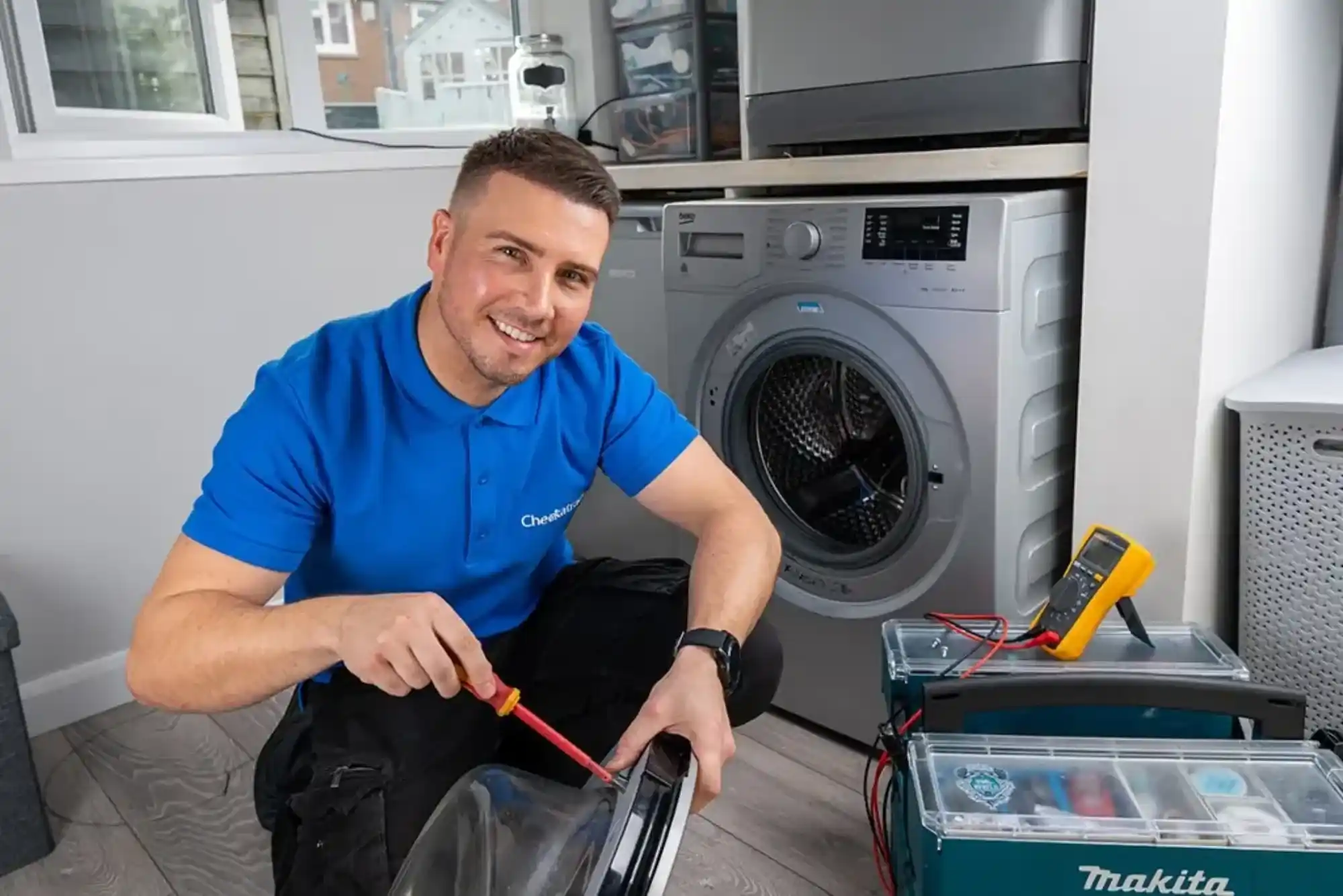How Do I Find the Right Therapist: Your Comprehensive Guide
Finding the right therapist is a crucial step in your mental health journey. Whether you’re dealing with anxiety, depression, or simply seeking personal growth, the therapist you choose can significantly impact your progress. With countless options available, it’s essential to navigate the selection process carefully. Here’s a comprehensive guide to help you find the perfect therapist for your needs.
Understanding Your Needs
Before you start your search for a therapist, it’s crucial to understand your needs. Take some time to reflect on what you’re looking to achieve through therapy. Are you struggling with specific issues like anxiety or depression? Do you need help coping with stress or relationship issues? Understanding your needs will guide you in finding a therapist who specializes in addressing those concerns.
Researching Therapists
Once you’ve identified your needs, it’s time to start researching therapists. Begin by asking for recommendations from friends, family, or healthcare providers. You can also search online directories or use therapy matching websites to find therapists in your area.
Evaluating Credentials
When evaluating therapists, pay close attention to their credentials. Look for therapists who are licensed and have experience treating issues similar to yours. You can verify a therapist’s credentials by checking with their licensing board or professional organizations.
Considering Therapy Approaches
Therapists use different approaches and techniques in their practice. Some may specialize in cognitive-behavioral therapy (CBT), while others may use psychodynamic or mindfulness-based approaches. Consider what type of therapy resonates with you and look for therapists who specialize in that approach.
Assessing Compatibility
Finding the right therapist is not just about their qualifications—it’s also about the relationship you have with them. Schedule an initial consultation with potential therapists to assess your compatibility. Pay attention to factors like their communication style, empathy, and willingness to listen.
Considering Practical Factors
In addition to the therapist’s qualifications and approach, consider practical factors like location, availability, and cost. Choose a therapist whose office is conveniently located and whose schedule aligns with yours. Additionally, check if they accept your insurance or offer sliding-scale fees if cost is a concern.
Seeking Feedback
Don’t hesitate to seek feedback from previous or current clients of the therapist. Online reviews or testimonials can provide valuable insights into the therapist’s approach and effectiveness. However, keep in mind that everyone’s experience with therapy is unique, so take feedback with a grain of salt.
Starting Therapy
Once you’ve found the right therapist, don’t hesitate to schedule your first session. Use the initial sessions to discuss your goals, expectations, and any concerns you may have. Remember that therapy is a collaborative process, so be open and honest with your therapist about what you hope to achieve.
Monitoring Progress
As you start therapy, pay attention to your progress and how you feel about the therapeutic process. If you feel like the therapy isn’t working or if you’re not comfortable with your oam the therapist, don’t hesitate to address your concerns or consider finding a new therapist.
Finding the right therapist is a significant step towards improving your mental health and well-being. By understanding your needs, researching therapists, evaluating credentials, and considering compatibility and practical factors, you can find a therapist who is the perfect fit for you. Remember that therapy is a personal journey, and finding the right therapist may take time—but the benefits are well worth the effort.










